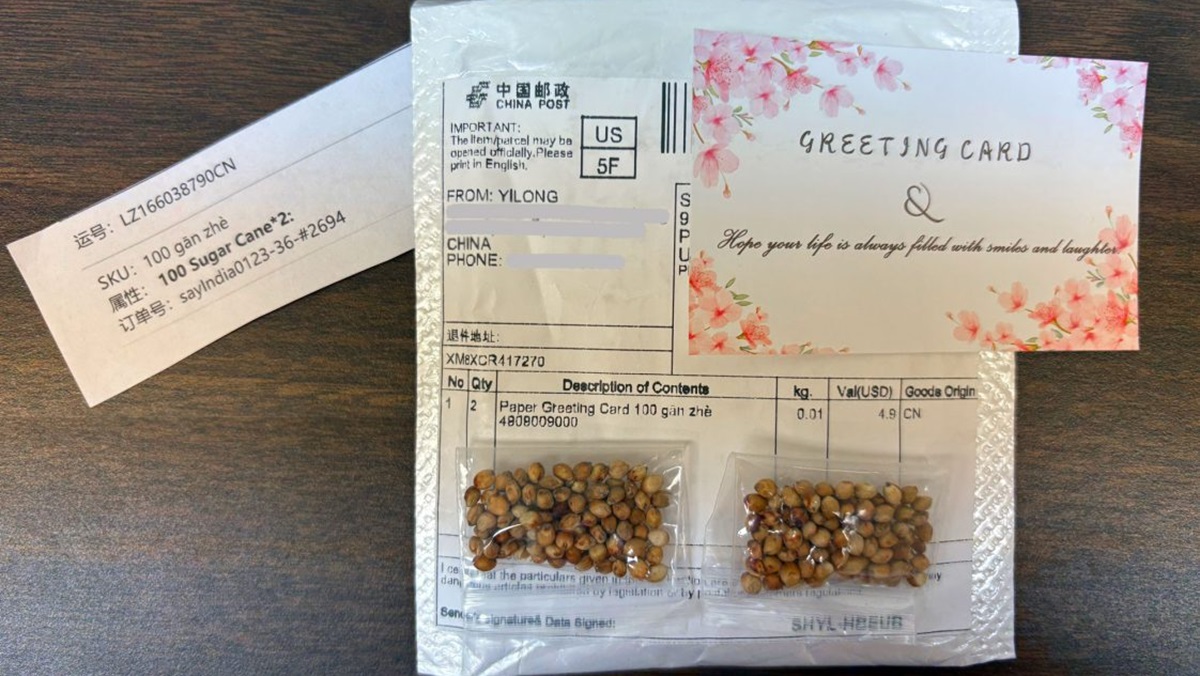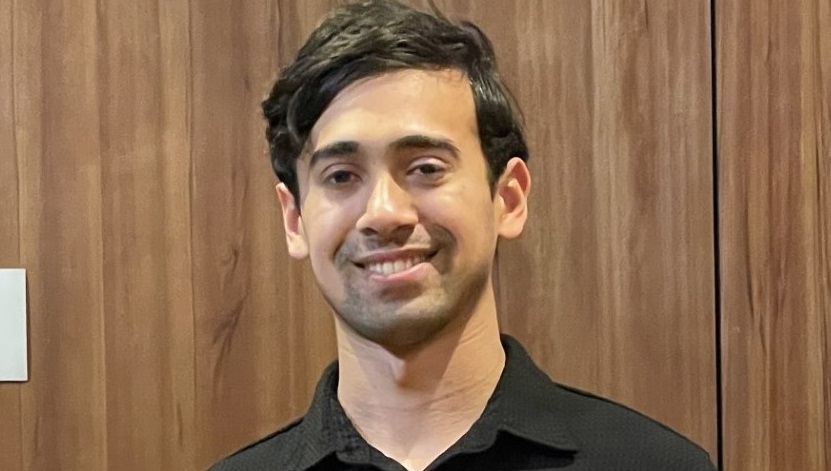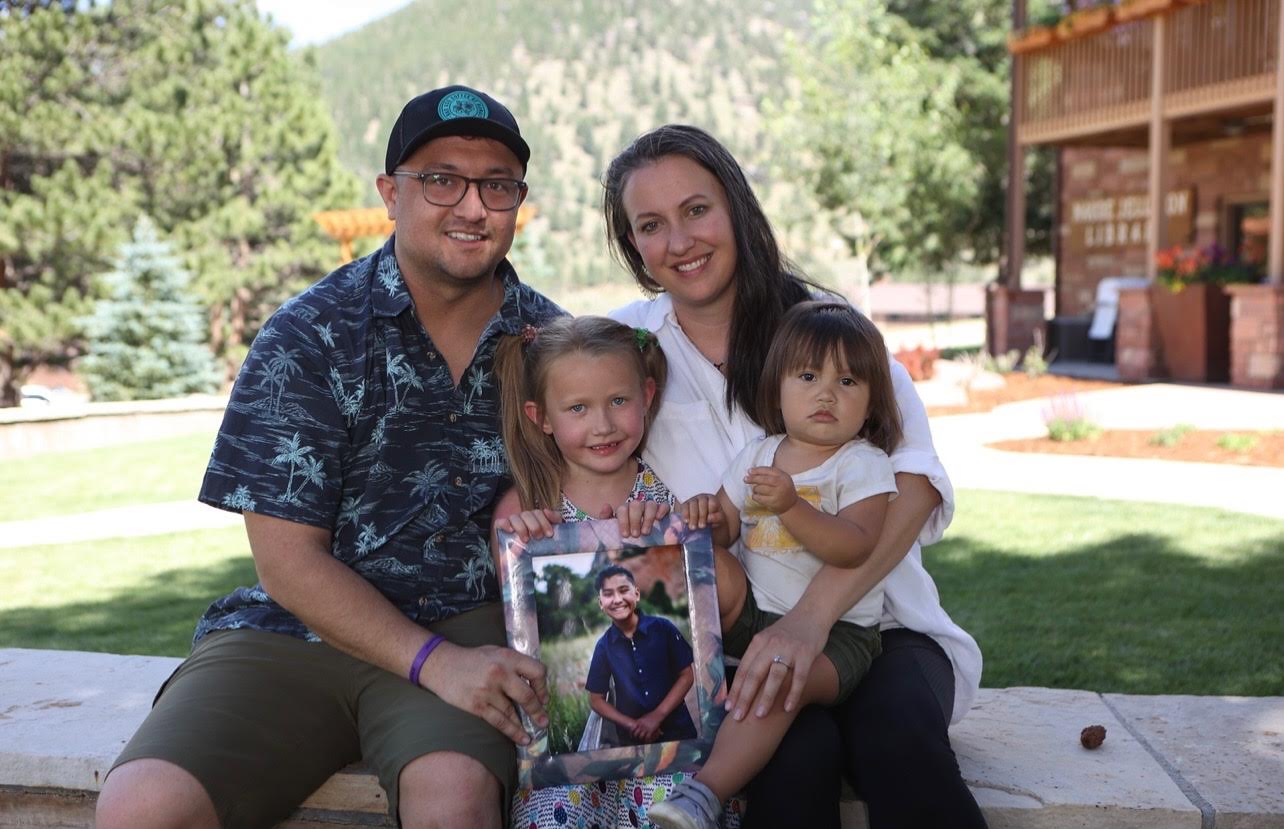There’s an urgent need for blood due to coronavirus disruptions

There is an urgent need for blood in Alabama and across the nation as the coronavirus takes its toll on supplies. The U.S. Surgeon General, the Centers for Disease Control and the Food and Drug Administration all are urging people to donate during this crisis. (contributed)
The blood supply in the United States and locally is in extremely short supply. The University of Alabama at Birmingham is strongly urging the public to donate blood – and there are safe and effective ways to do it, all while maintaining social distancing practices.
The Surgeon General, the CDC and the FDA are all encouraging Americans to donate blood during this crisis.
UAB is holding an emergency blood drive through the end of next week and asks anyone able to donate to make an appointment to help ensure that donors and staff are protected. There are additional drives and fixed donor locations provided by the American Red Cross and LifeSouth Community Blood Centers, which are also accepting donations by appointment.
The UAB drive runs from March 19 through March 27 at UAB Hospital’s North Pavilion. Donors must go online to schedule an appointment. Safe distancing will be observed. Appointments will limit the number of people donating at any one time. Donating blood is safe, and donation staff are appropriately disinfecting all surfaces at the donor locations.
Donors should make an appointment at www.redcrossblood.org or LifeSouth. Donors need a photo ID.
UAB North Pavilion, 18th Street and Sixth Avenue South, is the site for donations by appointment:
• Friday, March 20, 9:30 a.m.-5:30 p.m., LifeSouth.
• Monday, March 23, 9:30 a.m.-5:30 p.m., LifeSouth.
• Tuesday, March 24, 9:30 a.m.-5:30 p.m., LifeSouth.
• Wednesday, March 25, 9 a.m.-4 p.m., Red Cross.
• Thursday, March 26, 9 a.m.-4 p.m., Red Cross.
• Friday, March 27, 9 a.m.-4 p.m., Red Cross.
Donors can give blood every eight weeks, or up to six times annually. The process takes about 45 minutes; the actual blood collection usually takes less than 20 minutes.
Blood products are used during surgery, transplantation, trauma care, difficult pregnancies and cancer treatment. It is not unheard-of for a single patient to require as many as 100 units.
This story originally appeared on the University of Alabama at Birmingham’s UAB News website.





